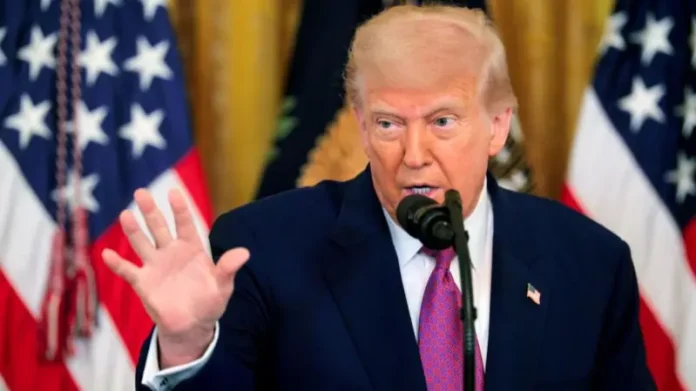New York/Washington: Prominent Democratic leaders in the United States have raised strong objections to President Donald Trump’s recent military strikes on Iranian nuclear sites, demanding clear explanations and accountability for actions that could drag the country into a larger war, reported the Week.
Senate Democratic leader Chuck Schumer criticized Trump’s decision to target Iran’s Fordow, Natanz, and Isfahan nuclear facilities, calling it a reckless escalation. “The danger of a wider, prolonged, and devastating war has now dramatically increased,” he said. Schumer urged Congress to enforce the War Powers Act, a resolution aimed at limiting the president’s authority to unilaterally launch or escalate military conflicts.
“No president should be allowed to unilaterally march this nation into something as consequential as war with erratic threats and no strategy,” Schumer added, stressing that confronting Iran requires strategic clarity and responsible leadership.
Former House Speaker Nancy Pelosi echoed Schumer’s concerns, saying, “Trump ignored the Constitution by deploying military force without Congressional authorization. This operation endangers American lives and risks further destabilization in an already fragile region.”
United Nations Secretary-General António Guterres expressed alarm, calling the strikes a “dangerous escalation” and a direct threat to global peace and security. “There is no military solution. The only path forward is diplomacy. The only hope is peace,” Guterres emphasized, urging nations to prevent chaos and uphold international law.
Democratic Congressman Ami Bera, prior to the attack, also criticized the president, stating, “There is no appetite in America for another prolonged war in the Middle East. Trump must lay out clear objectives and long-term goals before engaging in military actions.”
The strikes come amid rising tensions in the Middle East, as Iran reportedly launched 40 ballistic missiles at Israel and deployed the Khaybar Shekan missile system for the first time, further complicating an already volatile regional conflict




